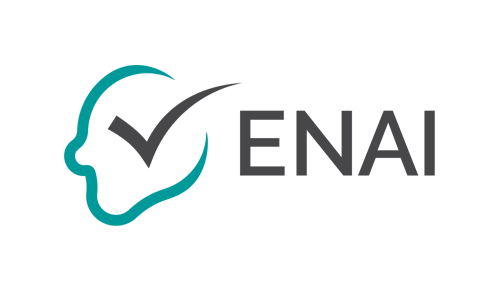
Academic Integrity Self-Evaluation Tool for Institutions
Points: {{feedbacks[feedbacks.length-1][1]}} / {{feedbacks[feedbacks.length-1][2]}}
No evaluation for the whole section.
{{(showSection + 1)}}.{{index+1}} Question: {{feedback[0].question}}
Points received: {{feedback[0].ptsFinal}} / {{feedback[0].max}}
Line: {{option.option}}
Your choice: Selected Not selected
Points: {{option.value}} / {{option.value}} {{option.value_not_checked}}0 / {{option.value}} {{option.value}} / {{option.value_not_checked}} {{option.value_not_checked}} / {{option.value_not_checked}}
Points received: {{feedback[0].ptsFinal}} / {{feedback[0].max}}
{{feedback[0].originalFB}}
{{feedback[0].altFB}}
Line: {{option.option}}
Your choice: Selected Not selected
Points: {{option.value}} / {{option.value}} {{option.value_not_checked}}0 / {{option.value}} {{option.value}} / {{option.value_not_checked}} {{option.value_not_checked}} / {{option.value_not_checked}}
Line: {{question.option}}
Your choice: {{question.value}}
Points received: {{question.pts}} / {{question.maxPtsPerLine}}
Your choice: {{question.value}}
Points received: {{question.pts}} / {{question.maxPtsPerLine}}
Line: {{question.option}}
Your choice: Selected Not selected
Points: {{question.value}} / {{question.value}} {{question.value_not_checked}}0 / {{question.value}} {{question.value}} / {{question.value_not_checked}} {{question.value_not_checked}} / {{question.value_not_checked}}
Your choice: Selected Not selected
Points: {{question.value}} / {{question.value}} {{question.value_not_checked}}0 / {{question.value}} {{question.value}} / {{question.value_not_checked}} {{question.value_not_checked}} / {{question.value_not_checked}}
{{loadingDataMsg}}

Copyright ENAI - All Rights Reserved
Business vector created by freepik
Supported by the Erasmus+
Strategic Partnerships project
2016-1-CZ01-KA203-023949.